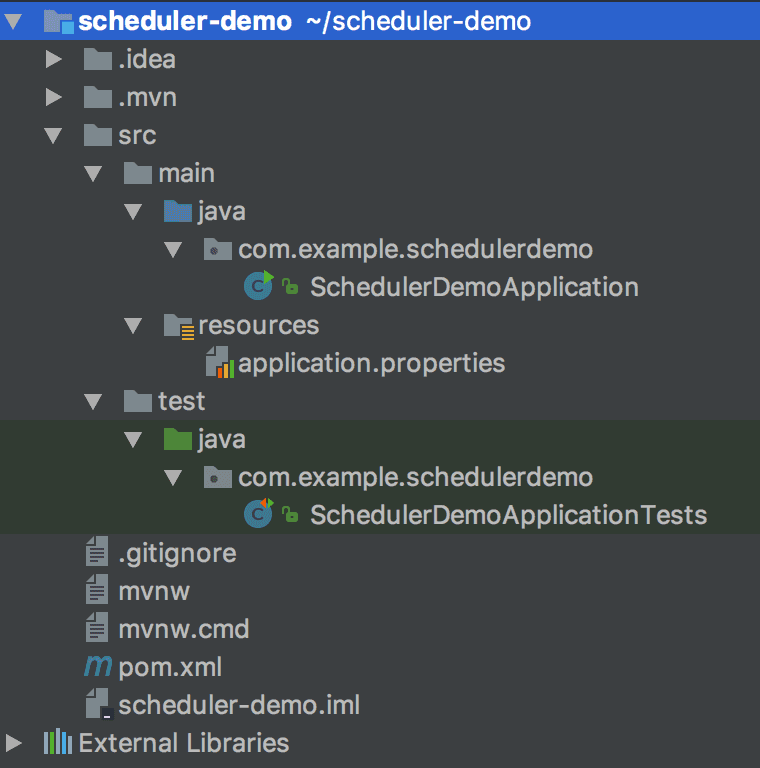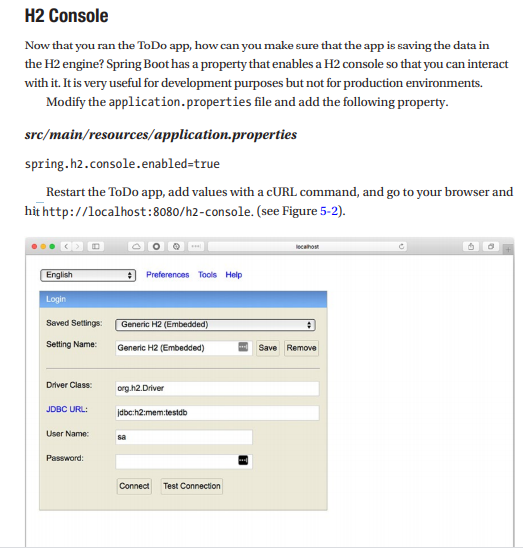

- #Uuid generator java annotation spring how to
- #Uuid generator java annotation spring code
- #Uuid generator java annotation spring download

But, it should also converter the input and output accordingly. For the corresponding Javadoc documentation, see Annotation Types Summary in the AWS SDK for Java API Reference.

#Uuid generator java annotation spring code
For this code to work you do not need to add to your project any external third-party libraries.What you can do is register a custom TypeMapper that catches Date types and maps them as you wish. This section describes the annotations that are available for mapping your classes and properties to tables and attributes in Amazon DynamoDB. Refer to configuration docs for more details. You can use it to generate random String of characters of any length you need. Go to file Cannot retrieve contributors at this time 347 lines (320 sloc) 16.8 KB Raw Blame title Documentation for the spring Generator METADATA CONFIG OPTIONS These options may be applied as additional-properties (cli) or configOptions (plugins). You can see an example of it in the following code snippet. That’s all you have to do to let Hibernate generate UUIDs as primary key values. This guide has a working example of using a REST endpoint that contains a UUID type that maps to postgres with the JPA. The below example generates a random alpha-numeric String of characters of a specific length. The GenericGenerator annotation requires 2 parameters, the name of the generator and the name of the class that implements the generator. The output is 32 characters long: 5d87ab34f9c14424851c58c9eddf21ff Random String of Any Length OpenAPI Generator allows generation of API client libraries (SDK generation), server stubs, documentation and configuration automatically given an OpenAPI Spec (v2, v3) - openapi-generator/java.md. You can also remove the dashes from the resulting String the following way: import

The UUID class has a single constructor: UUID uuid new UUID(long mostSignificant64Bits, long leastSignificant64Bits) If we want to use this constructor, we need to provide two long values. The output is 36 characters long: 5d87ab34-f9c1-4424-851c-58c9eddf21ff Java has a built-in implementation to manage UUID identifiers, whether we want to randomly generate UUIDs or create them using a constructor. String uuid = UUID.randomUUID().toString()
#Uuid generator java annotation spring download
Here is a complete example you can copy and run on your computer. Launch as Spring boot (Application.java) Download Creating Custom validation using spring The method validation feature supported by Bean Validation 1.1 is automatically enabled as long as a JSR-303 implementation (such as Hibernate validator) is on the classpath. Generating the UUID is easy, all we need to do is: UUID.randomUUID(). As mentioned above we’d like to do this on the application code so we can have immutable entities. For this code to work you do not need to add to your project any external third-party libraries. The first thing we need to do is generate the UUID. GeneratedValue: Marking a field with the GeneratedValue annotation specifies that value will be automatically generated for that field and mainly this is used on primary key fields. The String is generated using a cryptographically strong pseudo random number generator. a 16 byte array a hexadecimal String value Because the uuid2 generator is the default strategy used by Hibernate, you don’t need to declare it explicitly. When we are using MongoDB databases as part of the Spring Boot application directly we can not use GeneratedValue annotation in our database model classes. One of the easiest and quickest ways to generate a random alpha-numeric String of characters is probably to use the UUID which stands for a Universal Unique Identifier and is a 128-bit number used to uniquely identify some object or entity on the Internet. I hope you will find this tutorial useful.
#Uuid generator java annotation spring how to
In this Java tutorial I am going to share with you a different ways of how to generate a random String of characters.


 0 kommentar(er)
0 kommentar(er)
